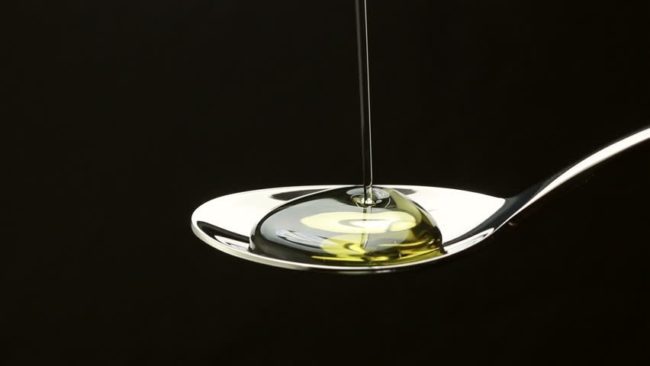The Key Reasons The Mediterranean Diet Boosts Your Health In The Winter

The Mediterranean Diet is renowned as a healthy and delicious way to eat, but for many of us who live in regions with winters, there are specific health benefits that make this diet extra valuable during the colder months.
Thanks to its anti-inflammatory properties and abundance of vitamin-rich plant foods, the Mediterranean diet can help keep our bodies strong and resistant to infection. Plus, it’s packed with essential fatty acids and antioxidants from sources like extra virgin olive oil – making it an ideal choice for increasing overall wellbeing throughout winter.
In this post we’ll explore why following a Mediterranean style eating pattern will set you up perfectly to sail through autumn and winter looking (and feeling) your best!
Why The Mediterranean Diet Helps Fight Infection
The Mediterranean Diet has long been touted as one of the healthiest eating plans around, and for good reason. Not only can it help combat chronic diseases such as heart disease and cancer, but it also has potent effects on the immune system. The diet is chock-full of anti-inflammatory foods such as;
- Extra virgin olive oil
- Fruits
- Vegetables
- Whole grains.
These foods work to reduce inflammation in the body, which is a common source of infection. Additionally, the Mediterranean Diet is rich in antioxidants, which help to quell harmful free radicals that can cause cellular damage. Finally, the consumption of extra virgin olive oil, a staple in the Mediterranean Diet, has been shown to have strong anti-inflammatory effects, as well as being a natural antimicrobial. All in all, the Mediterranean Diet is a powerful ally in the fight against infection and disease.
How Can Extra Virgin Olive Oil Help Protect Against Bacteria?

Polyphenols have been shown to reduce morbidity and/or slow down the progression of cardiovascular, neurodegenerative, and cancer diseases. The mechanism of action of polyphenols strongly relates to their antioxidant activity. Polyphenols are known to decrease the level of reactive oxygen species in the human body. In addition, health-promoting properties of plant polyphenols comprise anti-inflammatory, anti-allergic, anti-atherogenic, anti-thrombotic, and anti-mutagenic effects. There is a body of research demonstrating their ability to modulate the human immune system by affecting the proliferation and activity of white blood cells, as well as the production of cytokines or other factors that participate in immunological defence.
How To Stick With The Mediterranean Diet This Winter
The Mediterranean Diet is considered one of the healthiest diets in the world, but it can be tough to stick to in the winter months when comfort foods take over. Luckily, there are plenty of practical tips to incorporate the Mediterranean Diet into your winter meals. Rather than reaching for heavy, calorie-laden dishes, opt for lighter, flavorful options such as roasted vegetables and lean proteins like fish or chicken. Incorporate plenty of herbs and spices for added taste, and don’t forget about healthy fats like olive oil. Not only will these choices keep you on track with your health goals, but they’ll also help fight off seasonal infections and keep you feeling energized through the cold months.
